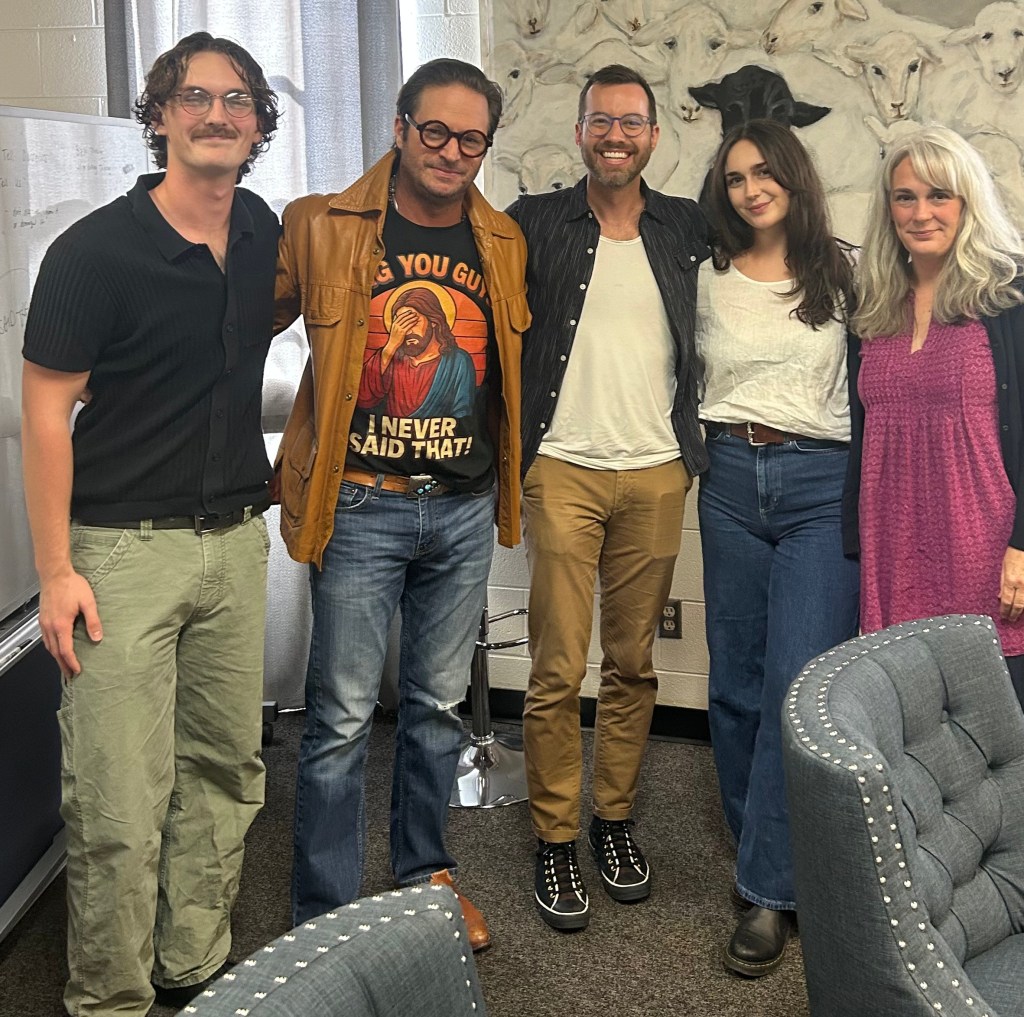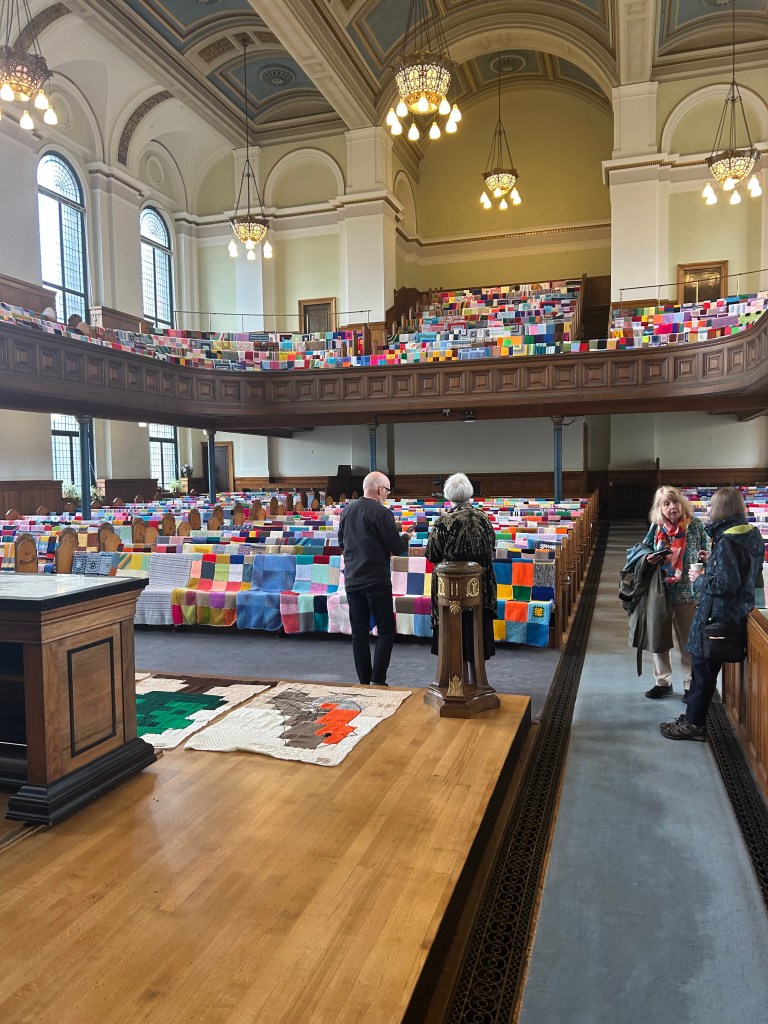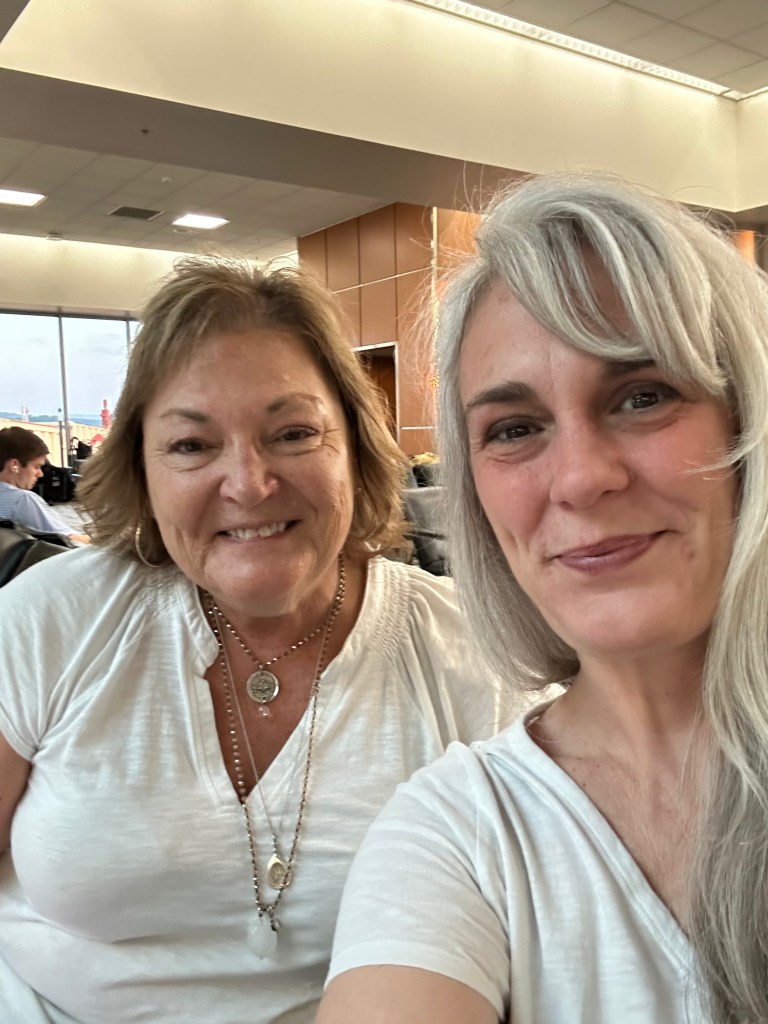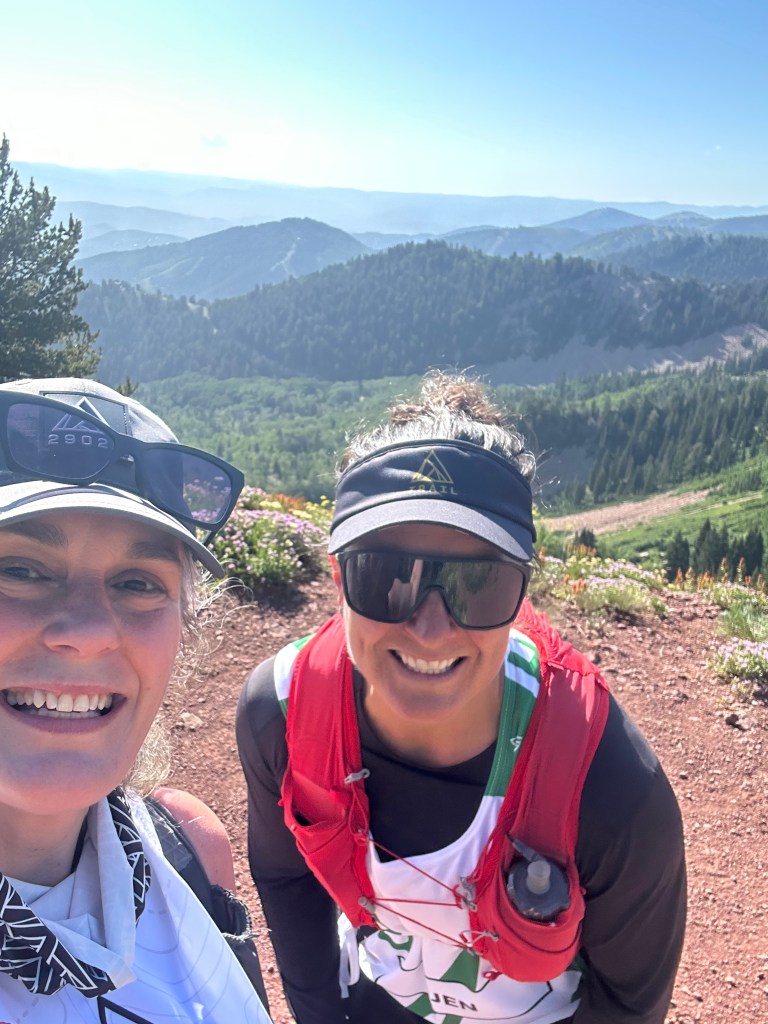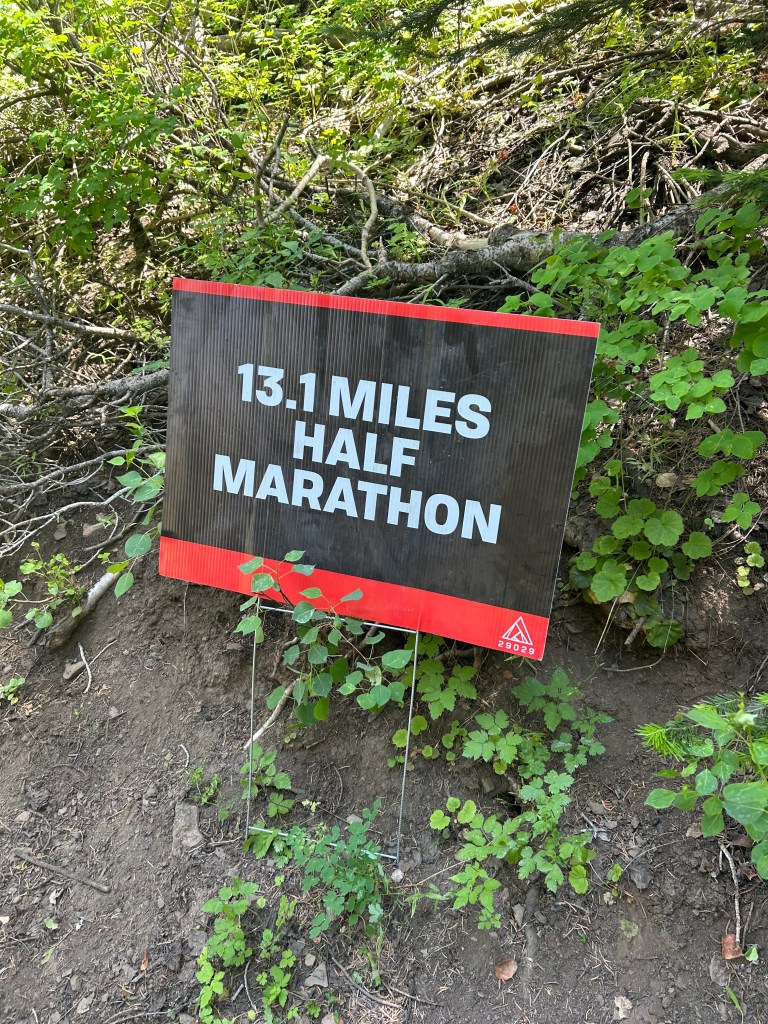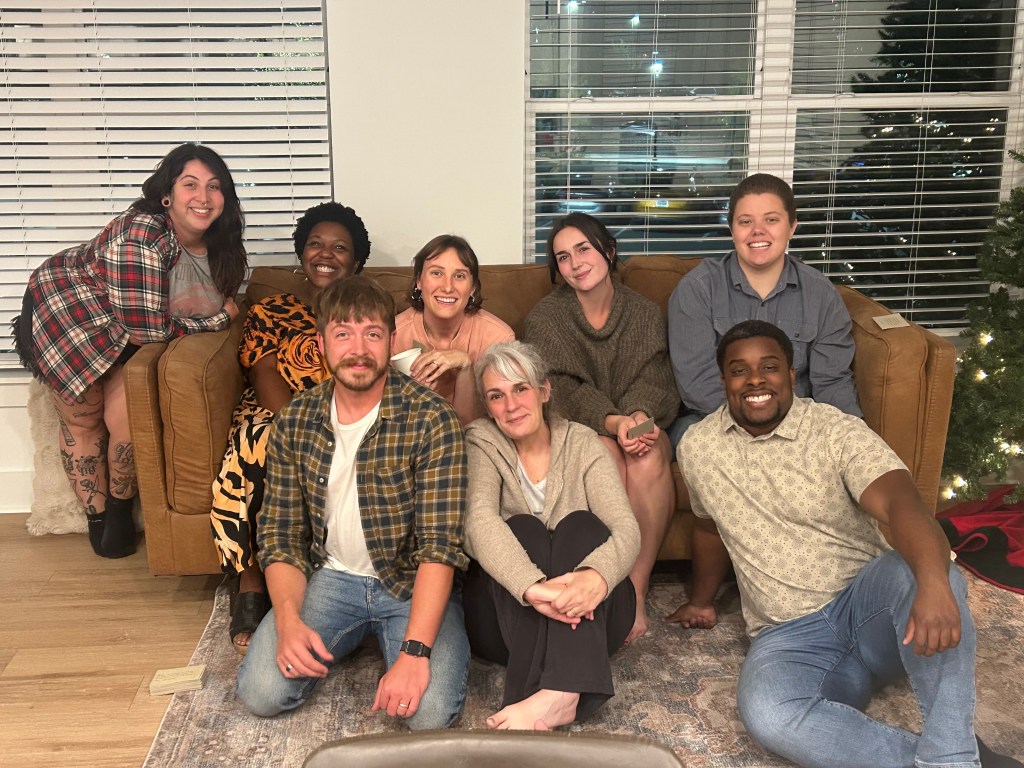
Who: Sunny, Nneka, Liz, Kody, Sydney, Payton, Justin and Jamie (not pictured)
Church: Literally…US
Dinner: My apartment
Topic: A Year in Review and What’s Next
While I was in Austin, it struck me that I was officially rounding out my year of visiting churches in Chattanooga. The realization settled in slowly, but once it did, I felt this unexpected wave of tenderness toward the experience, like reaching the end of a long, meaningful conversation you don’t quite want to leave. I instinctively wrote that I wanted to celebrate the moment, but that word didn’t feel right. Celebration suggests a loud joy, a triumphant exclamation point. What I felt was quieter, softer… a kind of sacred acknowledgment.
This year wasn’t about tallying visits or achieving a goal; it was about listening, learning, and allowing myself to be shaped by stories, communities, and the slow work of attentive presence. So instead of celebrating, I found myself wanting to commemorate it, to honor the journey and the ways it stretched me. To pause long enough to recognize the transformation, not just move on to the next thing.
This journey began with Sydney, Liz, and Nneka, three women who have shaped, challenged, and walked with me through some of the most meaningful conversations over the past few years. So it felt only right that I brought this year-long journey to a close with the same people who helped spark it.
What’s interesting, though, is how much has changed in each of us over the past twelve months. In our own ways, all four of us have taken steady steps away from the familiar structure of institutional church. Not out of bitterness, and not out of rebellion. We’ve each been experiencing what I believe to be a holy restlessness that keeps asking:
Is there more to church than what we were handed?
Is there more to following Jesus than the systems we were taught to blindly trust?
We’ve wrestled with those questions.
We’ve sat in the tension.
We’ve allowed ourselves to name what feels misaligned, and to imagine what a faith shaped by honesty, compassion, courage, and lived experience might look like.
Ending this journey with them wasn’t just sentimental.
It was symbolic.
Because in many ways, we’re all standing on the edge of something new: a faith less defined by institutions and more defined by the quiet, everyday ways we show up, love people well, and choose to keep seeking Jesus even when the path looks different than we expected.
So the invitation was simple, nothing flashy, nothing complicated:
Come over for dinner. And bring someone with you who still wants to follow Jesus but has maybe grown disillusioned with “church.”
We weren’t looking for people with polished answers or perfect faith. We were looking for the ones who are still trying, still hoping, still holding on to Jesus even as the institutional structures around them have left them confused, disappointed, or hurt. People who love the heart of the gospel, but aren’t sure where they fit anymore. It was an invitation into honesty, into community, and into the kind of table where questions and doubt aren’t liabilities.
I’m not going to rehash the conversation, because the words themselves aren’t what’s important. (Also, it was a safe space to speak honestly.) But, what is important is the larger pattern it represents—how many people are quietly disillusioned, uneasy, and, in most cases, becoming increasingly more frustrated and angry about what’s unfolding right in front of us.
And it was the following day when I realized one of the sources of my own growing anger: so many church bodies are acting like they are oblivious. As if ignoring the problem will somehow make it disappear. As if silence is a form of neutrality and not complicity. That disconnect—that refusal to engage—hit me harder than I expected. Because acknowledging what is happening, in real time around us, would require courage, accountability, and change. And far too many would rather protect their comfort than confront the truth.
But not all.
There were eight church communities I visited this year that I would genuinely consider returning to, places where I felt a spark of connection, curiosity, even belonging. In another life, maybe in another season, I could imagine our family settling into one of them, becoming part of their rhythm and their story.
But that isn’t the path we’ve been called to walk.
So where does that leave me?
I could easily write several more posts about this journey, about the moments that surprised me, the ones that disappointed me, and the ones that quietly reshaped my understanding of faith and community. But instead, I’ll offer this:
I’ve come to see the Sunday morning gathering, at its core, as a truly beautiful idea, people coming together to remember who they are, to encourage one another, to be formed by something holy and hopeful. There is purpose in that, and for many, there is life. But if I’m honest, I’ve never been a Peter.
I’m a Paul. (Yeah, the guy had issues, but you understand the comparison.)
Some people are called to build the house. Others are called to take the story on the road. Both matter. Both are faithful. Both reveal something essential about what community can be.
And I’m finally learning to stop apologizing for being the kind of person who meets God most clearly on the move.
And as I sit here in my neighborhood coffee shop, eyes blurring from tears, I’m struck again by the profound beauty of the story the Lord has entrusted my family to live. It feels almost impossible when I try to put it into words. If we weren’t the ones walking it… if these weren’t our steps, our prayers, our moments of stumbling forward… I’m not sure I’d believe it myself.
Yet here we are, somehow still moving forward.
What amazes me most is how the thread has held through every season. Every detour. Every unexpected turn. Every door that shut and every door that cracked open just enough for light to spill through. It’s only when I stop long enough to look back that I can see how intentional it all was, how the Lord has been weaving something far bigger, far more redemptive, than anything we could have designed.
And this gives me courage, because we’re walking into a chapter of our country that feels unsteady, uncertain, and heavy with things we can’t control. The air is thick with fear, division, and the temptation to retreat or harden.
But our story reminds me of something unshakeable:
Jesus is already standing in the future.
He is already where we are going.
So we will keep walking—by faith, not clarity, not certainty. We will keep showing up to the places we’re called, trusting that even in the dark, the same God who carried us here will carry us forward.
No matter what unfolds, hope is not behind us.
Hope is ahead.


